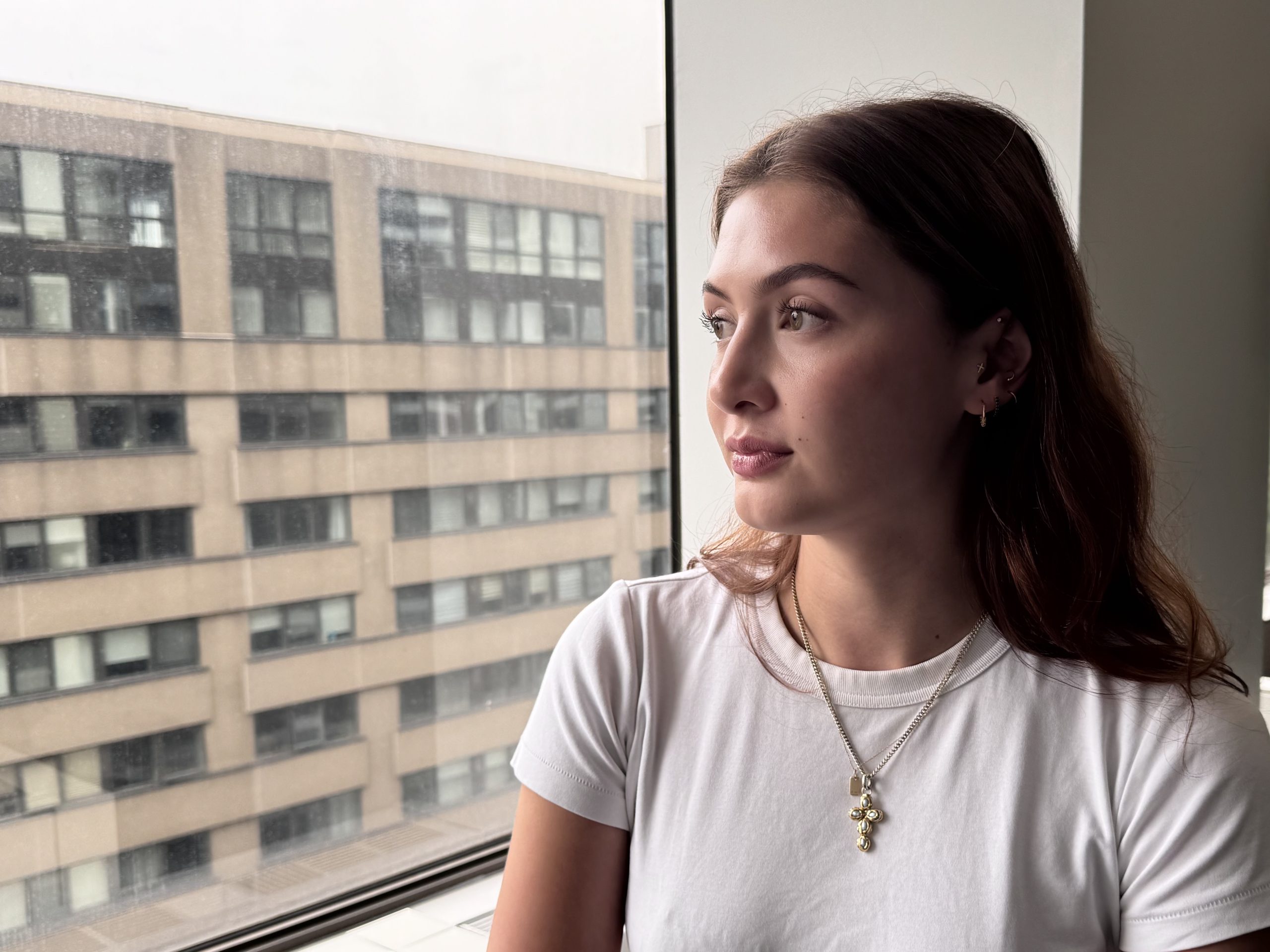
There’s a special feeling that comes from contributing to something larger than yourself: a sense of purpose that goes beyond personal achievement. That’s exactly how I felt during my time at the Investigative Journalism Bureau. Journalism here isn’t just practiced, it’s lived. The newsroom moves with a quiet intensity: source interviews unfold in side rooms, data sets are pulled apart and pieced back together, FOI requests are drafted with care and edits stretch late into the evening. It felt less like a job and more like being part of something alive — urgent, collaborative and deeply intentional.
From day one, it was clear to me that this wasn’t a typical newsroom. The IJB operates as a hybrid space: part research lab, part classroom, part teaching hospital and part newsroom. As a student intern, I wasn’t observing from the sidelines; I was fully embedded in the workflow. I had the privilege of collaborating with award-winning journalists, epidemiology researchers and fellow students.
While I was already familiar with team-driven reporting, what stood out at the IJB was the deep sense of shared ownership. Editors, reporters, researchers and interns were all trusted, equal contributors. That trust built my confidence and reminded me that impactful journalism rarely comes from a single voice. It’s shaped collectively, through layers of feedback, care and attention to detail. The stakes felt higher, the pace more deliberate, and the responsibility heavier. That’s what first drew me in when Robert Cribb spoke to my class earlier this year. I wanted to be part of stories with the potential to spark real, tangible change: the kind that lingers long after the headline fades.
For me, one of the biggest shifts was adjusting to the slow pace of the investigations. I came in used to fast-turnaround reporting and political research, but investigative work is different by design. I learned that investigative journalism is intentionally and inherently methodical: every step serves the larger goal of accuracy and accountability.
This experience strengthened my commitment to data-driven storytelling. At the IJB, numbers weren’t just background — they were central. I learned that every step, from verifying sources to choosing how data is framed, shapes how a story hits the audience and, ultimately, what it reveals.
More than anything, the IJB reminded me why I’m drawn to this work in the first place. Investigative reporting asks a lot: it takes time, care and a willingness to sit with uncertainty. But it also offers something rare: the chance to give shape to the quiet truths tucked behind numbers or silence. It’s like a form of listening; a kind of devotion. It calls for dedicated curiosity and the resolve to keep searching until the story is fully told. For me, that resolve fuels my commitment to the kind of journalism that makes a difference.
To have contributed to that mission, even briefly, is something I’ll carry with me as I keep learning, reporting, and growing.
- Reporter Lindsay Catre reflects on herexperience at the IJB - 14 July 2025